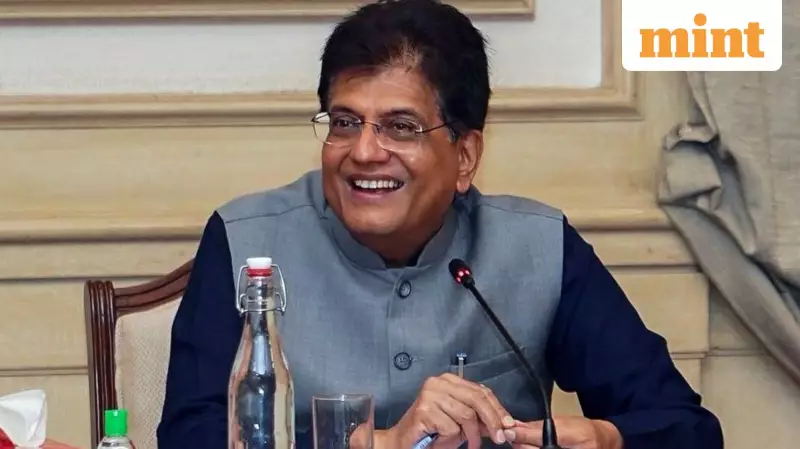
In a significant move to bolster economic integration, India and Nepal officially signed a pivotal agreement on Thursday to dramatically enhance trade connectivity through an expanded rail network. This landmark pact facilitates smoother access for the Himalayan nation to Indian ports and, by extension, global markets.
A New Chapter in Bilateral Trade
The agreement was formalized during a high-level bilateral meeting in New Delhi, where Union Commerce Minister Piyush Goyal and his Nepalese counterpart, Anil Kumar Sinha, exchanged a letter amending the Protocol to the existing Treaty of Transit. A Treaty of Transit is a foundational bilateral arrangement that allows goods from one nation to pass through the territory of another, crucially simplifying access to international trade routes.
The core of this new amendment is the authorization for rail-based freight movement between Jogbani in India and Biratnagar in Nepal. This includes both containerized and bulk cargo, operating under a liberalized framework for major transit corridors. These vital routes include Kolkata-Jogbani, Kolkata-Nautanwa (Sunauli), and Visakhapatnam-Nautanwa (Sunauli).
Direct Rail Access to Nepalese Customs
According to a detailed statement from India's Ministry of Commerce and Industry, the Letter of Exchange (LoE) enables direct rail connectivity along the Jogbani-Biratnagar rail link. This infrastructure project, constructed with grant assistance from the Government of India, was jointly inaugurated by the Prime Ministers of both countries on 1 June 2023.
This development means cargo can now travel directly from the Indian ports of Kolkata and Visakhapatnam right up to the Nepal Customs Yard cargo station located in the Morang District, near Biratnagar. This eliminates intermediate handling, promising faster and more cost-effective trade.
Strategic and Economic Implications
The timing of this agreement is crucial, coinciding with a period of political realignment in Kathmandu. A new government, led by Sushila Karki, Nepal's first woman chief justice, was formed after youth-led protests in August highlighted issues of corruption and unemployment.
For India, this pact is a cornerstone of its Neighbourhood First policy, reinforcing strategic outreach at a time when China is expanding its regional influence through initiatives like the Belt and Road Initiative. The commerce ministry stated that these measures are expected to consolidate economic linkages, boost regional supply chains, and open new avenues for trade with third countries via Indian ports.
The meeting also welcomed ongoing initiatives to enhance cross-border connectivity, including the development of Integrated Check Posts. As Nepal's largest trade and investment partner, India's continued focus on infrastructure and trade facilitation is set to further deepen the special relationship between the two nations, fostering shared prosperity in the region.






